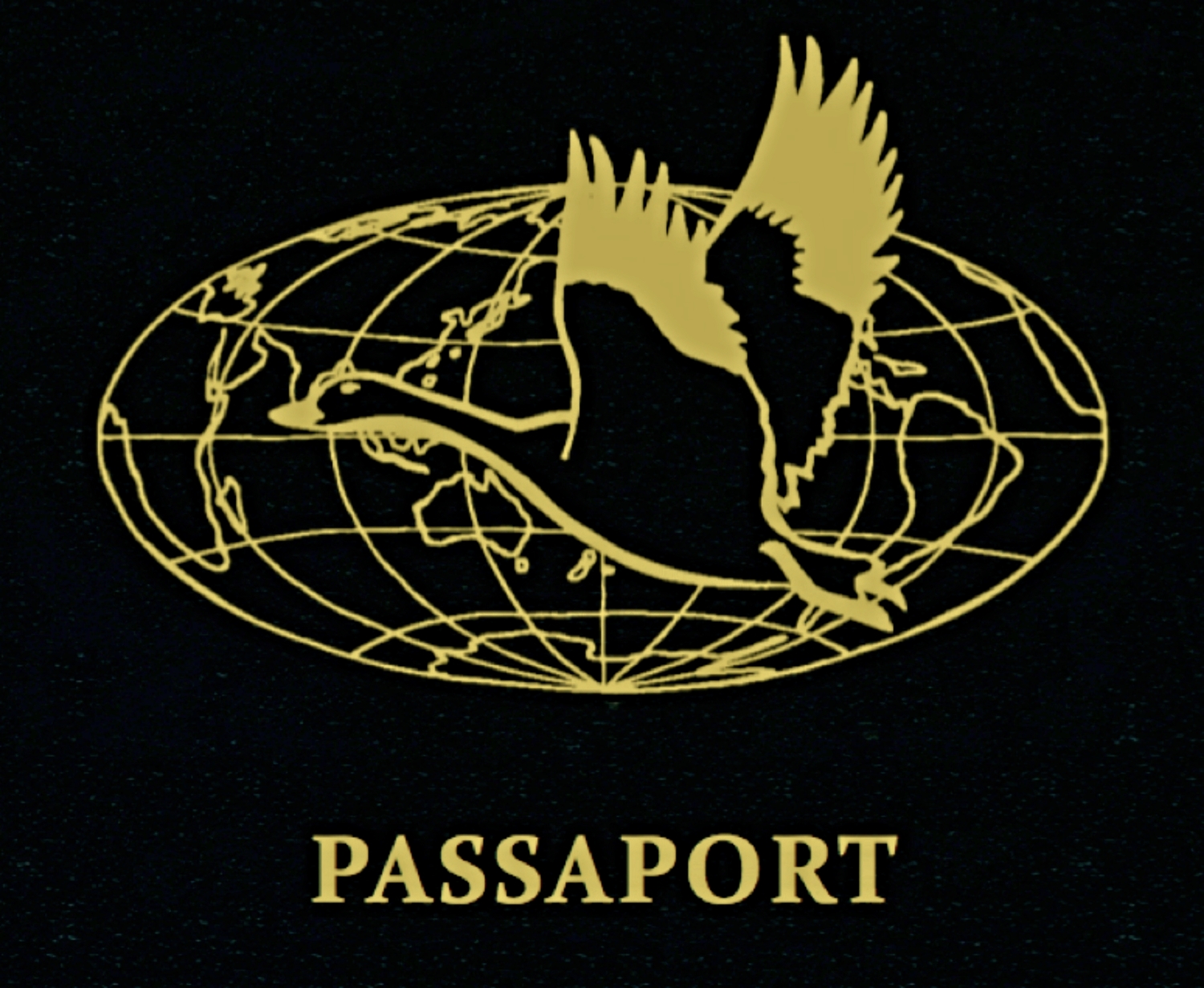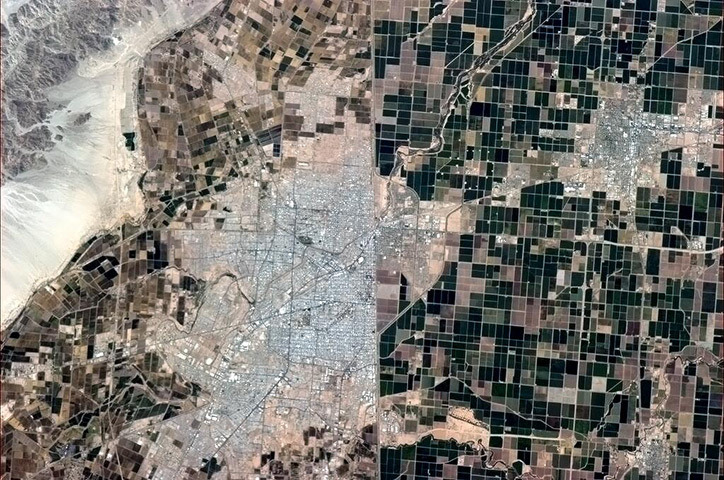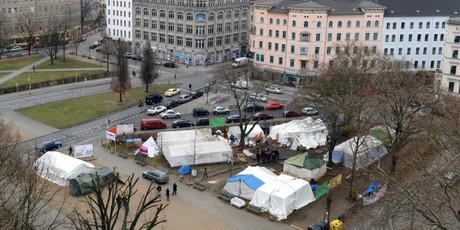If we were to send Edward Snowden an ‘anti-passport‘, addressed to him at “Transit Lounge, Sheremetyevo International Airport, Khimki, Moscow Oblast, Russia”,
would it reach him? Probably not; in any case, hopefully he’s already
found safe passage out of the Sheremetyevo airport, or will have by the
time the envelope would arrive. In solidarity with Snowden – who has
sacrificed his individual freedom of movement in favour of universal
freedom of information – we’ll dedicate him a virtual anti-passport,
citing the final lines of the Passport poem. (As I write this, it turns out that even the puppets of the UN have condemned and abandoned Snowden – UN stands for United Nations, not Peoples, so this shouldn’t surprise us.) With this morning’s news of western European states closing their airspaces to Evo Morales’ presidential plane, the last three lines of the poem take on a new meaning, at once more frightening, more rebellious, and more hopeful.
yours
this passport
for all peoples, and for all landscapes,
take it where you will, there is no need for a stamp or visa,
you can leave or stay as you please, it does not expire,
you can renounce it, it is not the property of the government, duke or queen, you may even have several,
if you want, you can leave it at home, or throw it in the garbage, nobody will demand it,
if you want, you can throw it to the sea, and watch as the ink
runs, the pages tear, and the unkempt sadness of your face dissolves in
the waves and the salt,
if you want, you can hurl it into the air, and watch it flutter and take flight on the wind,
taking you, if you want,
with it.
(adapted from the Maltese by Albert Gatt & Antoine Cassar)
Video: Michael Chaplin, 10-year-old son of Charlie, delivering an important lesson
on power, passports, and freedom
“To leave a country is like breaking out of jail,
and to enter a country is like going through the eye of a needle. …
It’s incongruous that in this atomic age of speed,
we are shut in and shut out by passports.”
(thanks to Wes Man for the tip off)






























